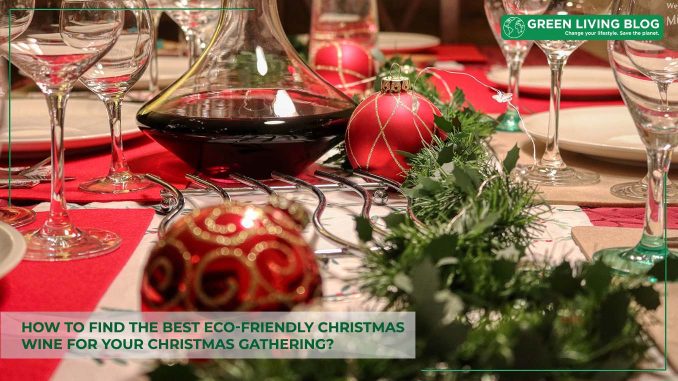
First off, what is eco-friendly wine? Simply put, wine made using sustainable practices is called eco-friendly wine. Winemakers started pursuing this to decrease or counter environmental impacts.
Eco-friendly practices include energy- and water-saving practices, along with limiting toxic chemical usage. When winemakers protect and work with the land instead of against it, they protect their own livelihoods and the environment.
4 sustainable wine-growing Practices to consider for your Christmas Wine
Here are a few eco-friendly wine-growing practices:
1. Biological corridors
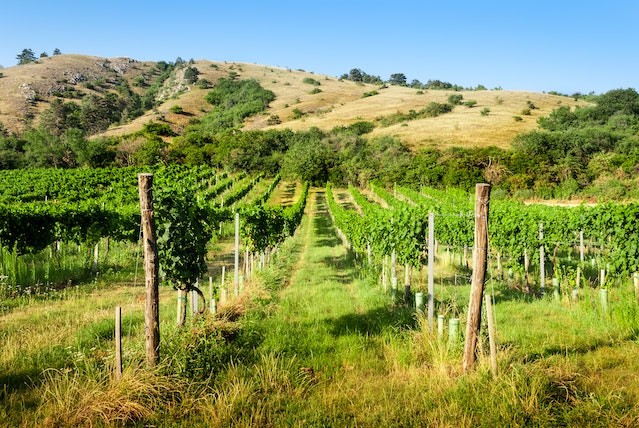
Vineyards often fall prey to pests and pesticides. A sustainable alternative for pest management is a biological corridor. When you cultivate certain beneficial plants like mint, lavender, native trees, etc. near your vineyard, you’re actually setting up a beneficial trap crop for insects. This practice will draw insects away from the vineyard and towards the target plant instead.
Biological corridors usually exist between rows of grapes, on a small scale, or between vineyards, on a large scale.
So, the next time you shop for your eco-friendly Christmas wine, know that biological corridors help with the wine-making process.
2. Cover crops
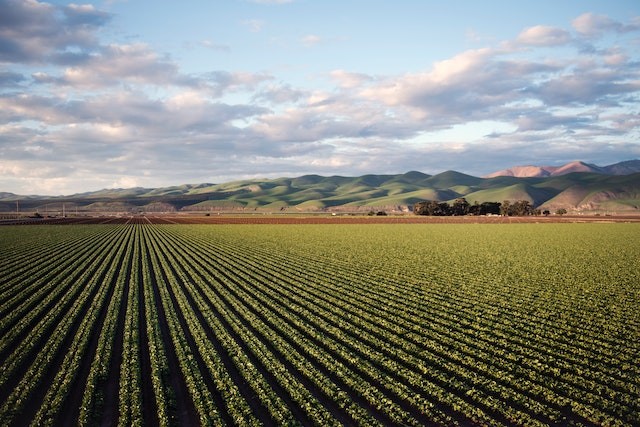
When you grow cover crops under vineyards, you help reduce erosion, enhance water quality and soil health, and reduce herbicide use. The need to cover crops has arisen due to an increase in excessive precipitation events.
Climate change has led to heavy downpours, which in turn has caused soil erosion and nutrient leaching. To top it off, the maintenance of bare soil under vines has worsened the negative impacts of excessive precipitation.
Luckily, recent findings showed that under-vine vegetation aka cover crops can solve these problems.
Learn more about these findings published in Frontiers of Plant Science.
3. Organic mulch
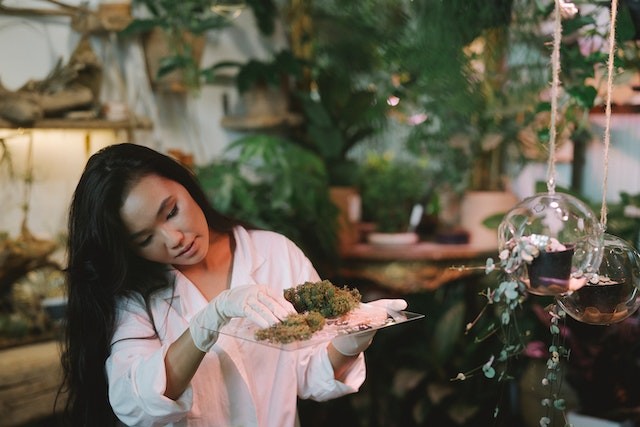
Using organic mulch for vineyards can help with weed control and water savings. It also helps cool down the soil, reducing its temperature. When soil conditions are optimal, it will result in higher yield too.
Other benefits of organic mulch in order to produce eco-friendly Christmas wine include reduced leeching of plant protection products into groundwater, reduced emissions of greenhouse gases, and more!
4. Dry farming
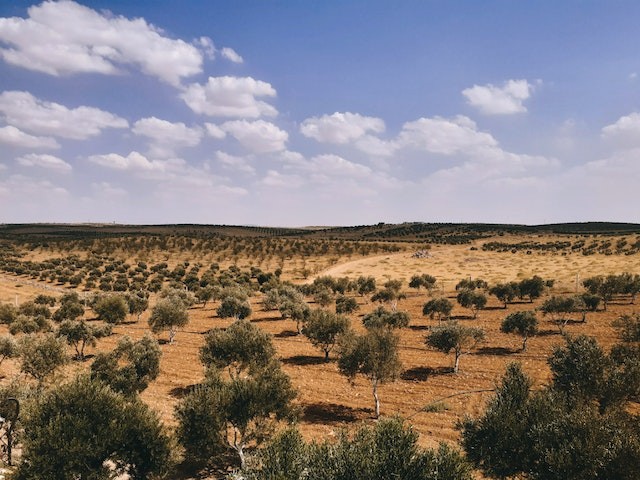
Dry farming is a great, sustainable way to achieve the right wine concentration. In this type of farming, grapes – for winemaking – are grown without irrigation. They solely rely on rainfall instead.
Dry farming has several environmental benefits. It helps trap carbon in the soil; carbon that would have contributed majorly to climate change. It mainly helps conserve water that can be used for other areas experiencing water shortages. Dry farming also requires very little weeding and barely any herbicides.
What’s more, eco-friendly Christmas wine made from dry farming also has more vitamins and minerals. This is because grapes that are produced in this manner grow deeper into the soil, thereby absorbing more minerals from the Earth.
3 tips to choose the best eco-friendly Christmas wine

Keep these things in mind before you shop for eco-friendly Christmas wine:
1. Buy local
Shop wine that has traveled the shortest distance. This is keeping in mind the carbon footprint of transportation. It’s a great way to support local wineries too!
2. Watch out for greenwashing
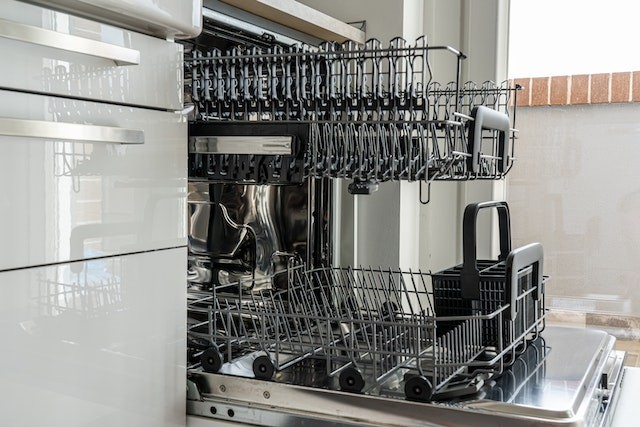
Is the wine actually made using sustainable practices? Ask the sellers about their farming practices to know for sure. You can also check for vague language when you’re trying to spot greenwashing; are all their claims backed up or are they just throwing words at you?
To be able to aptly spot greenwashing, you can also keep a lookout for wine eco-certifications and labels that mention ‘tree-free’. The more transparent the sellers are, the more legitimate they seem.
In this article on “How to Avoid Greenwashing & Check a Brand’s Sustainability Claims Before Buying?”, you’ll learn all there is to know about greenwashing.
3. Choose alternative packaging
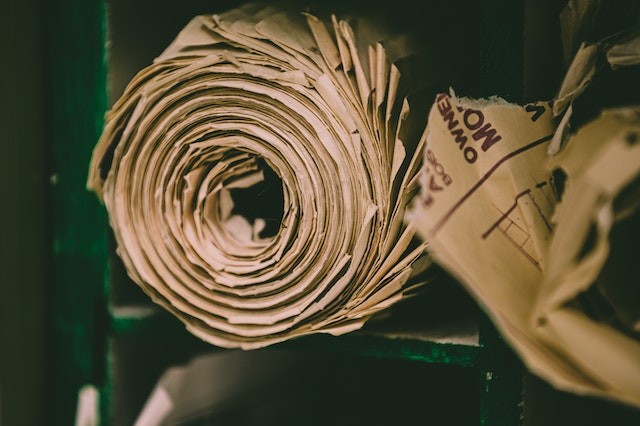
While picking out eco-friendly Christmas wine, check which material is used for its packaging. Choose bag-in boxes, paper bottles, and cans. This kind of packaging won’t be too heavy and in turn, won’t result in increased carbon emissions.
Eco-friendly wine: more expensive?
Yes, eco-friendly wine is more expensive. According to this study, while the average organic wine costs about £10.21 per bottle, a bottle of non-organic, chemically farmed wine costs £7.38. This is because organic growers have lower yields. However, because of its positive environmental impacts, consumers don’t mind paying higher prices for eco-friendly wine.
Paying a little more for organic wine can prevent us from paying long-term for the destruction of the soil. If we continue with intensive chemical farming practices, there won’t be any soil left. This means there won’t be any food left either.
More ways to live eco-friendlier
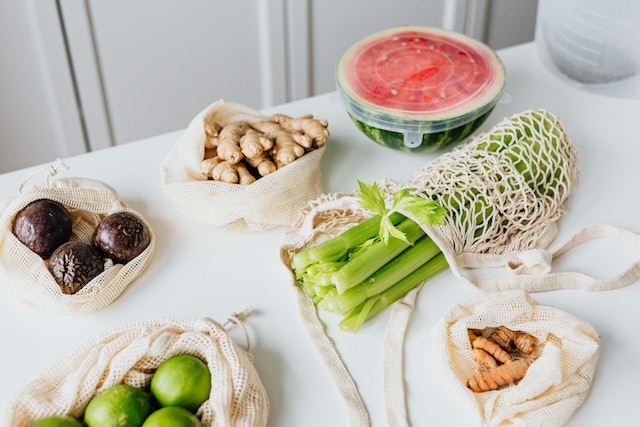
Now that we’ve discussed wine, let’s come to some other ways in which you can celebrate an eco-friendly Christmas.
We could invest in an electric car to reduce carbon footprints, or at least lease one out if it’s too expensive to purchase. We can also use reusables and keep our packaging and plastic consumption down. Another great eco-friendly practice is recycling. The next time you think about chucking something into the trash, check if it could be recycled.
You could also make your home eco-friendlier. For instance, you could invest in insulation, draughtproofing, ground source heat pumps, and more. Better still, learn how to use a hot water bottle to make a dent in that £400 – £500 per month heating bill.
And finally, you could switch to a renewable-only energy provider. These providers aim to get most of their energy from clean energy sources such as solar, wind, and hydroelectric.
To learn more, read our article on 6 Top Tips to live Eco-Friendlier in the New Year.
![]()
Author Profile
- Online Media & PR Strategist
- Blogger and Educator by Passion | Senior Online Media & PR Strategist at ClickDo Ltd. | Fascinated to Write Lifestyle Blogs in News & Education I have completed a journalism summer course at the London School of Journalism and manage various blogs.
Latest entries
 Green GuidesMay 29, 202519 Best Eco-Friendly Products, Services & Gifts – With Special Deals
Green GuidesMay 29, 202519 Best Eco-Friendly Products, Services & Gifts – With Special Deals List postMay 28, 202510 Everyday Items with PFAs (‘Forever Chemicals’) and Green Alternatives
List postMay 28, 202510 Everyday Items with PFAs (‘Forever Chemicals’) and Green Alternatives List postMay 22, 20258 Eco-Friendly & Energy-Saving Home Gadgets for Daily Routines
List postMay 22, 20258 Eco-Friendly & Energy-Saving Home Gadgets for Daily Routines Green LivingMay 15, 20258 Healthy BBQ Swaps for a Cleaner, Greener, Guilt-free Grillfest
Green LivingMay 15, 20258 Healthy BBQ Swaps for a Cleaner, Greener, Guilt-free Grillfest






Leave a Reply
You must be logged in to post a comment.